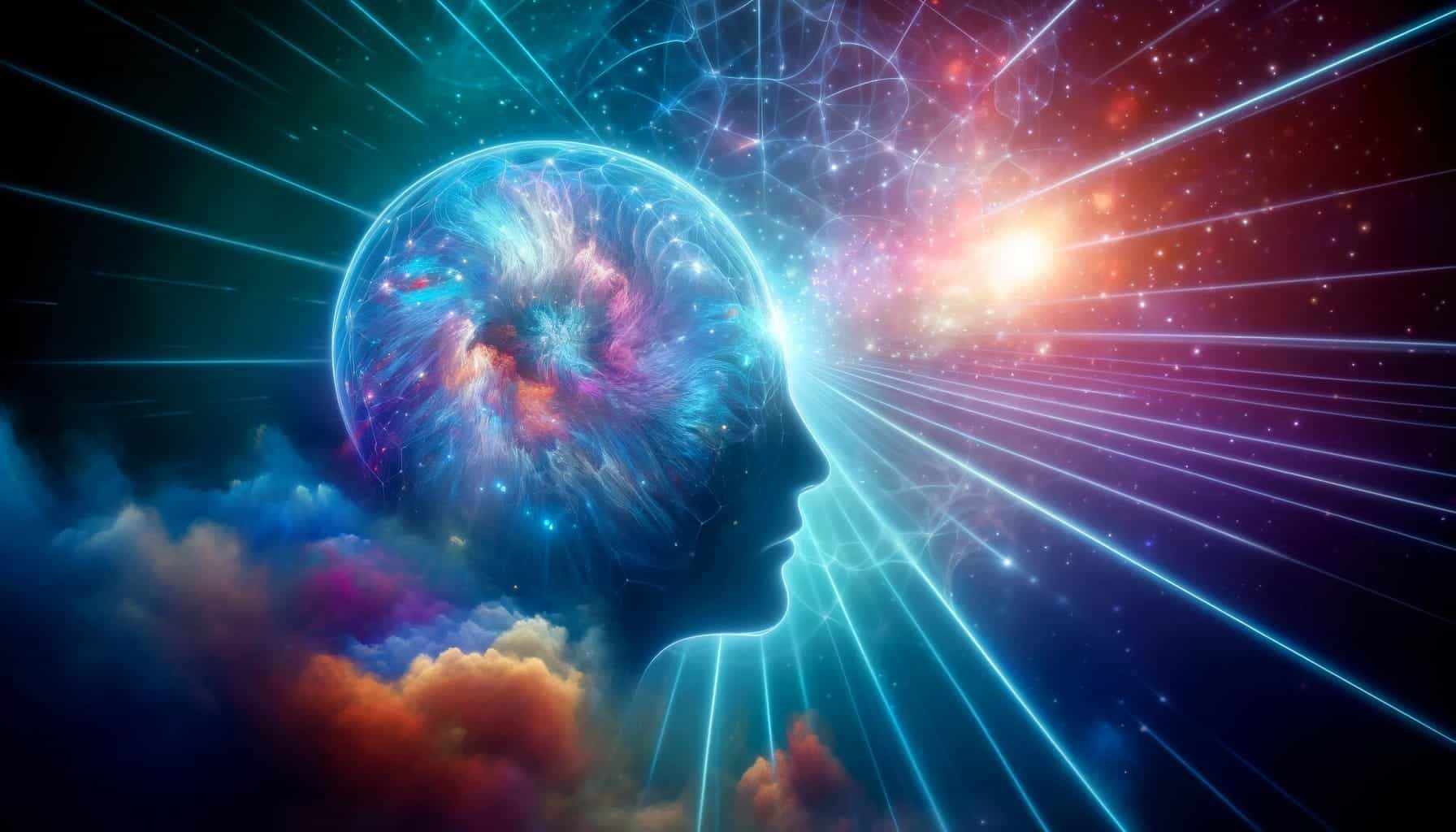Idealism: Simplest Explanation for Consciousness
The question of how consciousness arises has long been a focal point in philosophical discourse. We explore how idealism offers a direct and parsimonious explanation. By assuming consciousness as fundamental, it avoids the convoluted justifications required by materialism and dualism.
The Shortcomings of Materialism and Dualism
Materialism views consciousness as an emergent property of physical processes, yet fails to bridge the gap between neural activity and experiential phenomena. Dualism, positing two distinct realms of existence, complicates our understanding further with its untestable metaphysical assertions and fails to clarify the interaction between mind and matter.
Idealism as a Unified Explanation
Idealism proposes that all reality is ultimately consciousness, rendering the complex relationship between brain and mind moot. This standpoint asserts that the universe and everything perceived are constructs within consciousness itself. By simplifying the ontological inventory to just consciousness, idealism adheres to Occam's Razor, which favors theories that make the fewest assumptions.

Universe 00110000
Conclusion
Adopting idealism encourages a profound shift in perspective regarding the nature of reality. It posits a simpler, more coherent framework for understanding consciousness, reducing philosophical complexities and focusing on consciousness as the cornerstone of all experiential reality. This approach not only simplifies the hard problem of consciousness but also invites deeper inquiry into how we experience the world.

